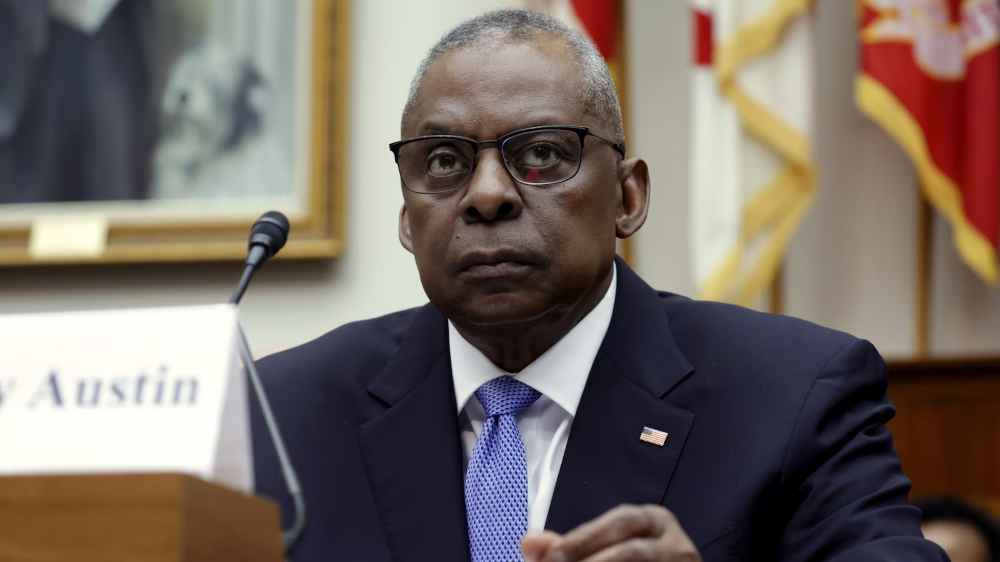Defense Secretary Lloyd Austin faced lawmakers for the first time since his cancer diagnosis and testified before the House Armed Services Committee, acknowledging full responsibility for failing to inform the White House about his health issues.
During the hearing, Austin expressed regret for the mishandling of the situation and apologized directly to the president for keeping him in the dark regarding his surgery and subsequent complications that led to his admission to the intensive care unit.
Despite Austin’s acknowledgment of responsibility, some Republicans remained unsatisfied, demanding clarity on who made the decision not to alert the White House about his health status.
Rep. Nancy Mace, a South Carolina Republican, criticized Austin’s handling of the situation, suggesting that any American worker who acted similarly would face termination, especially considering Austin’s role as the second-in-command of the U.S. military.
The hearing occurred following a Pentagon review that absolved Austin and his staff of wrongdoing, attributing the failure to notify the White House to concerns about medical privacy and a lack of established protocols.
Austin explained that he chose to keep his diagnosis and surgery for prostate cancer private, opting to take personal leave and not inform his staff. However, complications arose post-surgery, leading to his admission to the intensive care unit, which the White House only learned about three days later.
Despite the Pentagon’s findings and Austin’s explanation, the hearing highlighted lingering concerns among lawmakers about transparency and communication within the defense establishment, particularly regarding the health of high-ranking officials.
As Austin continues to navigate his responsibilities as Defense Secretary while managing his health, the incident underscores the importance of effective communication and transparency in leadership positions, especially within critical government agencies like the Department of Defense.
